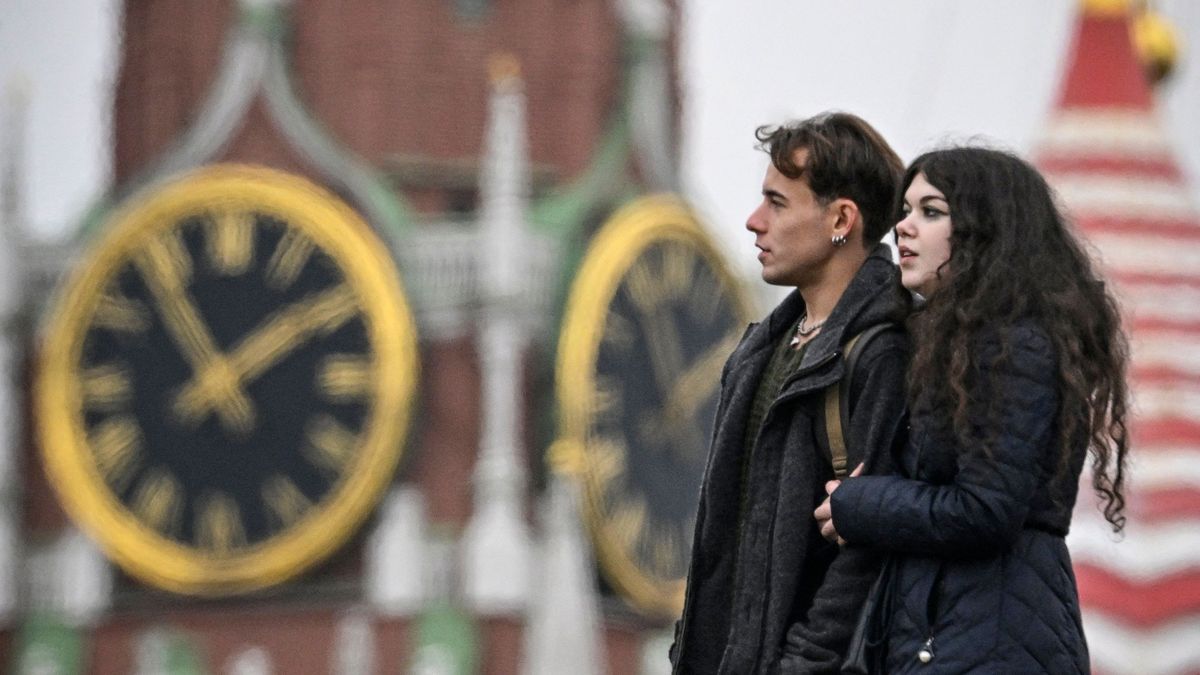Economic Resilience Amidst Sanctions
Nearly two years following President Vladimir Putin’s incursion into Ukraine, Russia has shown a surprising level of economic resilience despite severe Western sanctions and geopolitical isolation. Contrary to initial fears of an economic meltdown, the International Monetary Fund (IMF) now forecasts a 2.6% growth in Russia’s GDP for 2024, outpacing many Western economies including the UK. This economic stability has bolstered the confidence of the Russian populace, with a significant number reporting positive perceptions of their local economic conditions and living standards despite high inflation and interest rates.
Social Cohesion in Times of Conflict
At the societal level, the ongoing conflict, which began on February 24, 2022, appears to have paradoxically united much of the Russian population. Foreign Minister Sergey Lavrov echoed sentiments that crises can consolidate national unity, noting that while the conflict has led to arrests of those opposing the war, it has also had a “constructive impact” on domestic life in Russia. This notion of unity is supported by data from Gallup, which indicates that satisfaction with personal freedom among Russians has reached record highs since the invasion, suggesting a complex interplay between nationalistic sentiment and individual contentment.
The Psychological and Ideological Landscape
Despite the lack of widespread public unrest or economic disaster, the war in Ukraine remains a distant yet omnipresent backdrop for many Russians, affecting their day-to-day life minimally on the surface but significantly shaping their worldview. The government’s narrative, positioning Russia against a purportedly aggressive West, has found resonance among many citizens, reinforcing nationalistic sentiments and support for the Kremlin. This alignment has contributed to a form of social and ideological consolidation, reminiscent of dynamics described in Orwell’s “1984,” where a perceived external threat fosters greater internal unity, albeit at the cost of personal freedoms and global standing.
